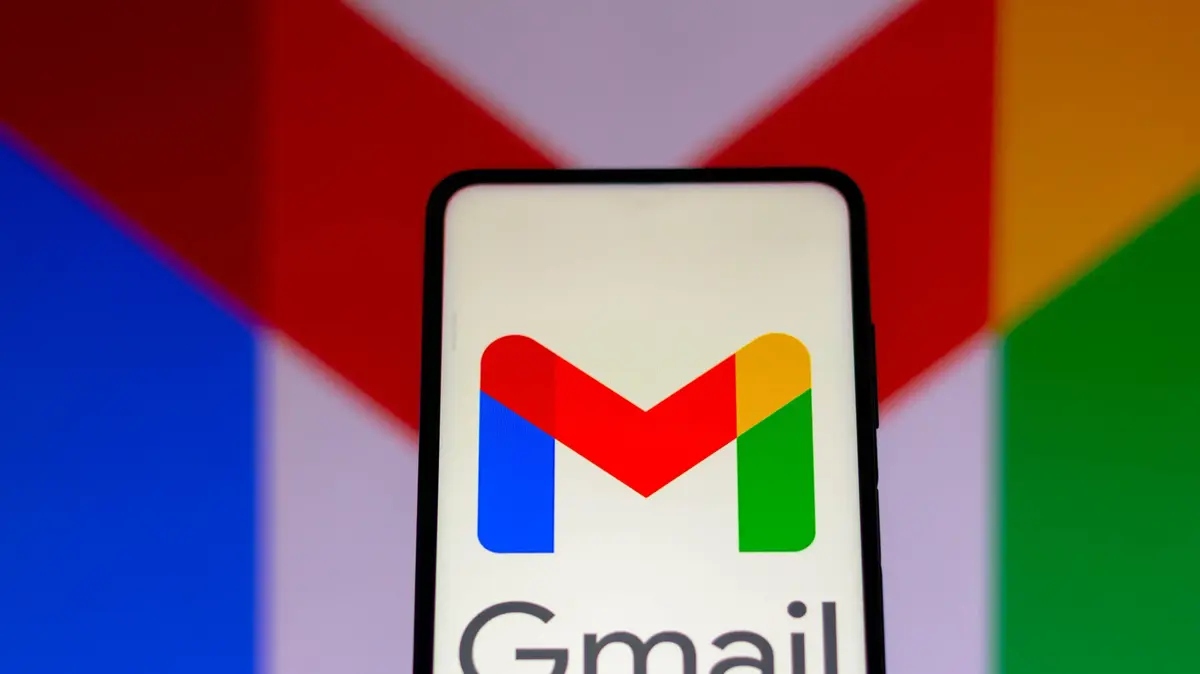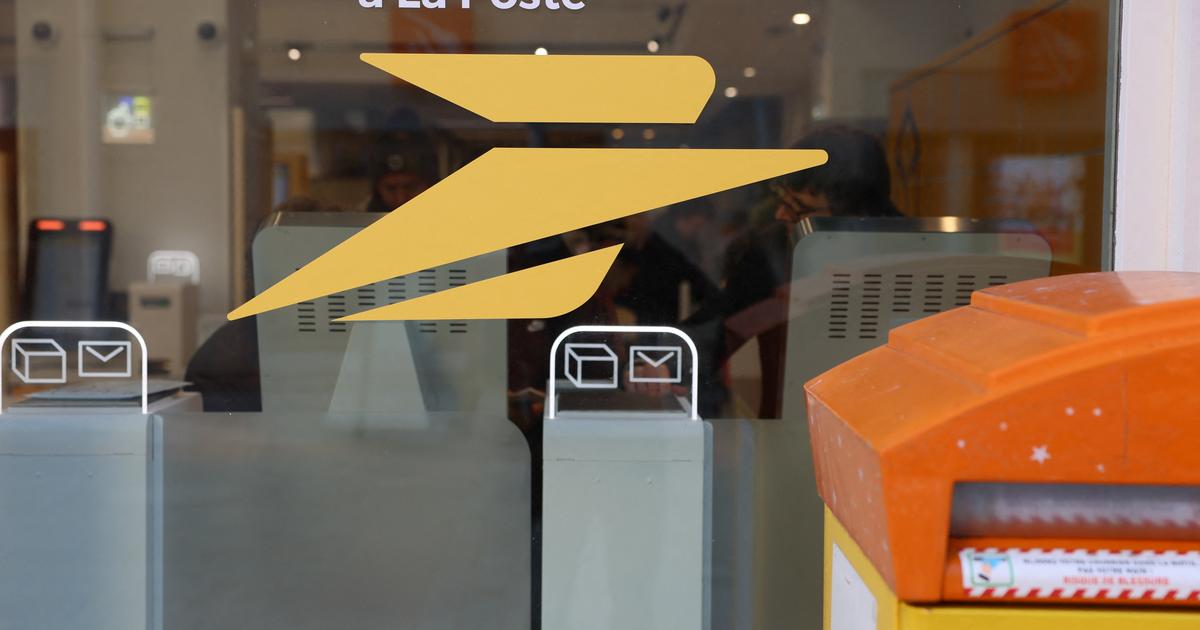Do important documents such as bank statements or insurance documents always have to be printed? Digital alternatives are numerous. But are they of any use?
Frankfurt – Humans are known to be creatures of habit. A saying that goes back to the 19th century and the writer Gustav Freytag. Words that come up again and again, not least in the age of digitalization. After all, in many areas of life there are often digital alternatives to well-known, printed forms.
Sounds abstract? This refers to documents and papers such as bank statements, information letters or insurance documents that have landed in the mailbox in printed form over decades by traditional mail. This is still possible – but such documents can also be redirected to the digital mailbox with just a few mouse clicks. How big is the benefit?
Advantages of electronic communication: Environmental factor resonates – better balance than with letters?
One aspect that resonates with this question is the environmental factor. If papers, documents and the like are delivered only or predominantly digitally, is that really a gain from an environmental point of view? "It's difficult to say," says Tristan Jorde of the Hamburg Consumer Center, who can't give a clear answer to this question.
What are the benefits of switching to electronic communication? Some people prefer the classic postal service, while others send e-mails en masse. © Martin Wagner/imago/Peter Kneffel/dpa/Montage
There are reasons for this. The direct comparison between a letter and an e-mail would be misleading. "Because it's a very low-threshold format, it often doesn't stop at a single email," says Jorde. The reality is different. Several mails would often go back and forth. And it is not uncommon for this to be sent to several distributors. And this continues until a matter has been finally clarified. The environmental impact of a single e-mail is significantly lower than that of a letter – if it remains an e-mail.
Protecting the environment: With e-mails instead of letters possible – but many variables resonate
However, there are various variables that would have to be taken into account in the context of the environmental aspect of an e-mail. For example, the size of an e-mail is decisive. A simple text is harmless, according to Jorde. However, if the data load increases, the burden on the environment also increases. In this context, we are talking about images, videos or other attachments, which can sometimes be very large. The Internet is the third largest consumer of electricity in the world, notes Jorde.
For consumers, all this takes place in a vacuum.
Tristan Jorde from the Hamburg Consumer Advice Centre
However, it is also unfortunate that it is usually not possible for the sender of an e-mail to understand what actually happens to the medium after their mouse click. Which route does the mail take, for example, to the recipient? Where are the respective servers located? How were they produced? And what kind of electricity are they powered and cooled with?
These are all questions that resonate and are decisive for the assessment of the environmental balance. But: "For consumers, all this takes place in a vacuum," notes Jorde.
0
Also Read
Haribo sounds the alarm and launches recall – do not eat popular cult candy under any circumstances
READ
Radical reform of health insurance is imminent: Who could soon face higher payments
READ
Rewe sign achieves nationwide fame – "I don't want to hear history about it"
READ
Keep ticks away - home remedies work wonders for humans and animals
READ
Angry Netflix customers speak of consequences: "We quit and so did many others"
READ
Fancy a voyage of discovery?
My Area
When electronic communication makes more sense – and when printed documents make more sense
"In view of this, I say: In the case of pure info-mails, agreements or largely irrelevant information, it makes sense to switch to electronic communication," is the recommendation of the man at the consumer advice center in Hamburg. In the case of documents that will probably be printed out from the digital mailbox later anyway for archiving reasons, Jorde tends to use paper form.
The advantages of electronic communication outweigh the disadvantages – more flexibility for users
From a legal point of view, it makes no difference whether documents are in digital or physical form. "Basically, there are no insurance or bank documents, which should definitely be kept in printed form," says Christian Biernoth of the consumer advice center Hamburg. However, it is important that the documents, regardless of their form, are kept safe. And digital filing has a clear advantage here.
A positive aspect: the folders with the printed documents could possibly be destroyed in the event of an apartment fire or flood. If, on the other hand, they are stored in a cloud or on another medium, the natural hazards could not harm them, says Biernoth.
In addition, the data is accessible anywhere in the world in a digital repository. Anyone who learns of a claim while on holiday, for example, can take the first steps towards claims settlement by the insurer directly while on the move. (han/dpa)















